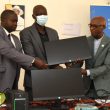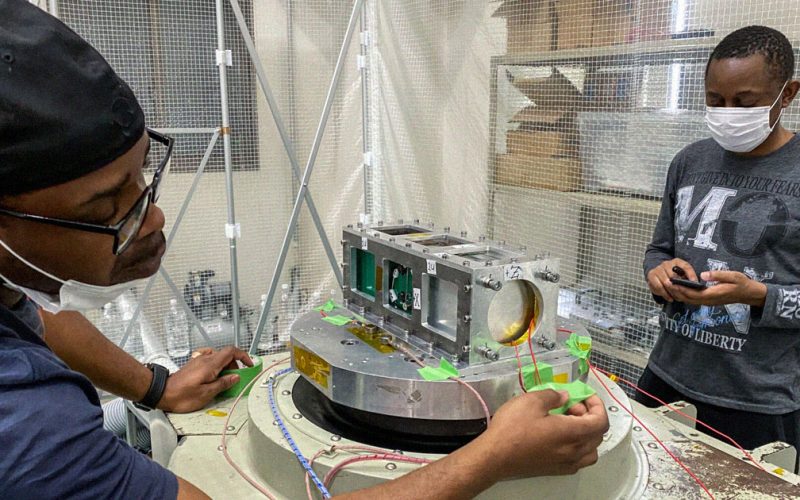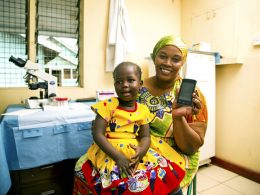By Mark Kawalya
With collaboration from NASA and Japan, Uganda recently became a spacefaring nation after successfully launching its satellite PearlAfricaSat into space. The satellite that was launched on November 7, 2022 will be deployed in key agricultural and security monitoring functions for Uganda, along with carrying out experiments involving the printing of 3D human tissue.
According to Nile Post, Uganda will make use of the microgravity (the weightless environment) provided by the satellite to carry out advanced 3D biological human tissue printing. Additionally, the team in space will carry out investigations on how microgravity impacts ovary function.
Although bioprinting technology (3D printing human tissue and organs) has been around since 2014, it is an extremely complex process to undertake, especially on earth, because it involves a complicated scaffolding process to create the intricately woven tissue structures of human parts. The weightless environment of space eliminates the need for such scaffolding.
Additionally, the satellite will provide 20-meter resolution images that Uganda will deploy in the analysis of soil fertility, water quality and land use. The analytical data collected will be crucial in distinguishing bare land mass from forested land and farmland, making it possible to estimate the agricultural growth potential that will improve the lives of Ugandans.
The satellite will also be used in the oil and gas industry for monitoring the East African crude oil pipeline.
Uganda’s PearlAfricaSat will initially be stored on the International Space Station before it is released into orbit later this year.
About the satellite
PearlAfricaSat was built by three Ugandan engineers, Bonny Omara, Derrick Tebusweke and Edgar Mujuni, under the BIRDS program. The program, which is supported by Japan, is an interdisciplinary cross-border satellite project targeted at non-space-faring countries.
The initiative follows an agreement between Uganda and Japan’s Kyushu Institute of Technology (Kyutech), whose mandate was to upskill the three engineers to develop and launch Uganda’s first satellite. The satellite carries a payload of more than 1900 kg of research, supplies for the crew, and necessary hardware.








